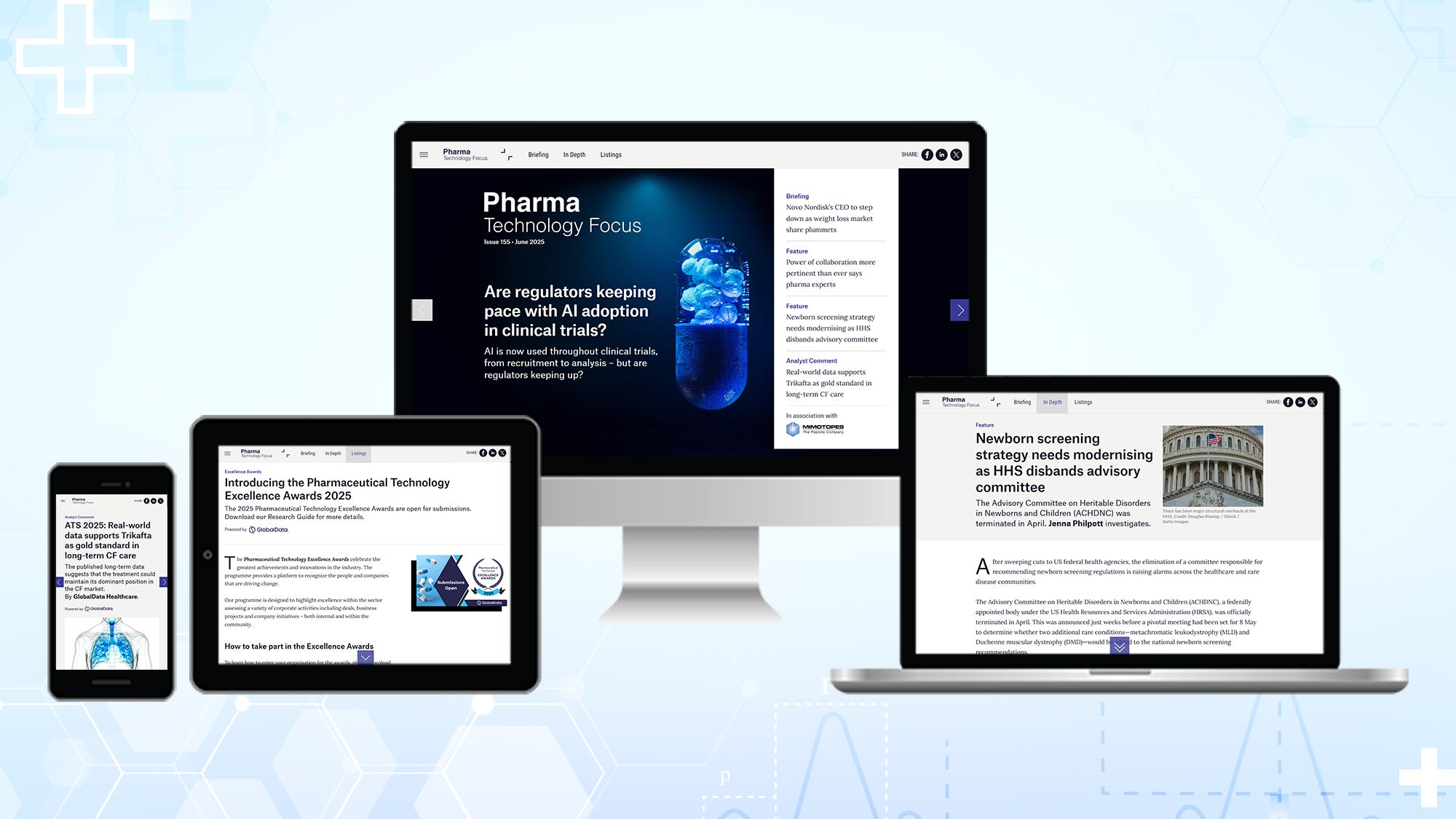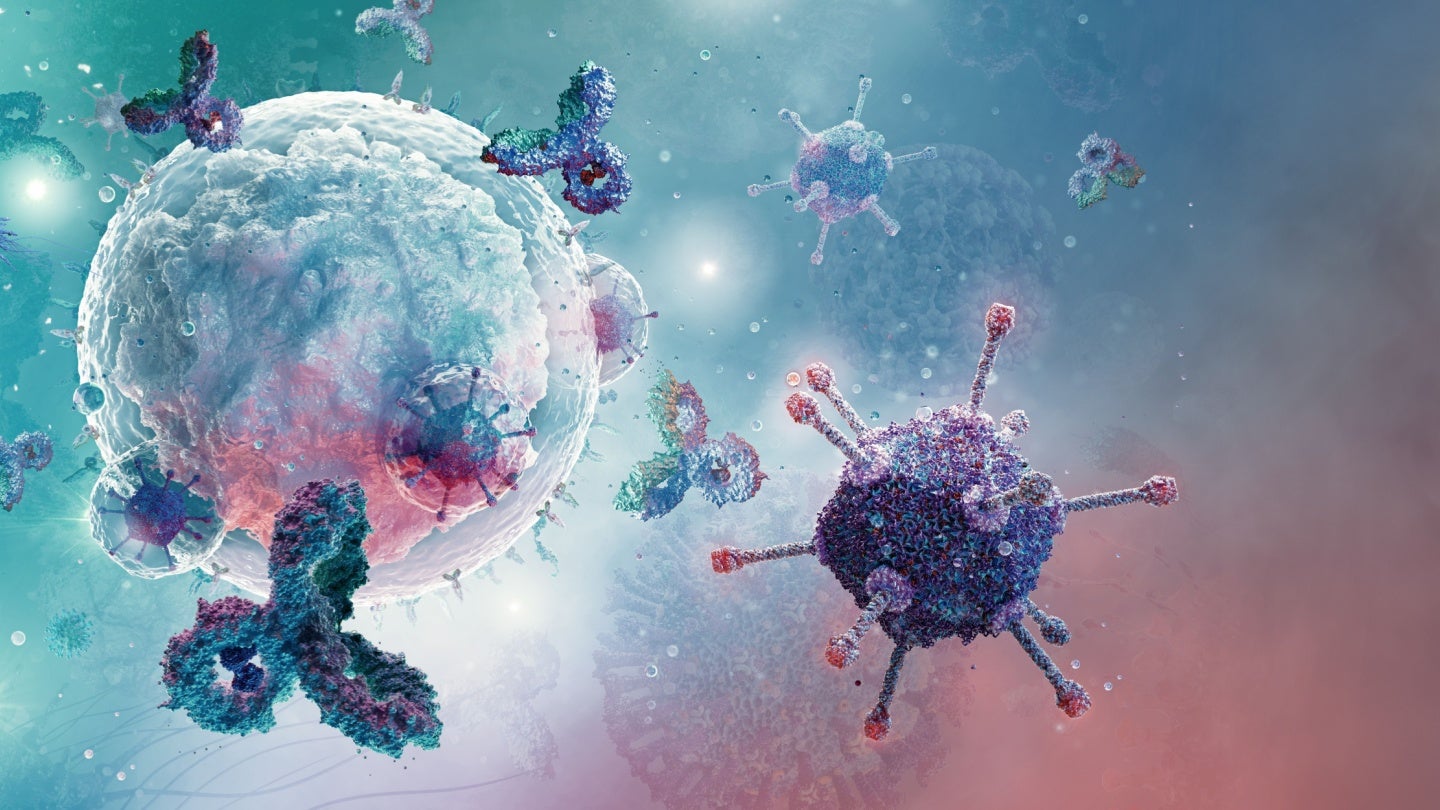Scientists Discover Innovative Mechanism Behind Intrinsic Regulation of Sugar Cravings
Excessive sugar consumption has been associated with an alarming rise in non-communicable diseases globally. Conditions such as obesity, cardiovascular disease, metabolic syndrome, and type 2 diabetes have been linked to sugar intake. The biological mechanisms behind sugar cravings are complex; they not only involve cravings that are innate to many animals but also highlight the […]


Excessive sugar consumption has been associated with an alarming rise in non-communicable diseases globally. Conditions such as obesity, cardiovascular disease, metabolic syndrome, and type 2 diabetes have been linked to sugar intake. The biological mechanisms behind sugar cravings are complex; they not only involve cravings that are innate to many animals but also highlight the impacts of high sugar consumption on metabolic health. Uncontrolled sugar preferences can lead to significantly elevated sugar intake, which in turn raises the risk of hyperglycemia and a myriad of metabolic diseases.
Recent research has underscored the intricate relationship between dietary preferences and gut health. Studies suggest a dialogue between the gut and the brain that shapes our food cravings, hinting at the critical role of gut microbes in managing our dietary choices. While this understanding has grown, the complexity of sugar preference regulation, particularly the influence of gut bacteria, remains a puzzle yet to be fully solved.
A pivotal study published in Nature Microbiology led by Prof. LIANG Xinmiao from the Dalian Institute of Chemical Physics, in collaboration with experts from Jiangnan University, has unveiled an intriguing discovery: a specific intestinal bacterium that can potentially mitigate dietary sugar intake. This novel finding opens new avenues for therapeutic intervention in obesity and related metabolic disorders, presenting a compelling strategy not just for treatment but also for prevention.
The researchers delved into the metabolic profiles of 18 mice with induced diabetes and 60 patients diagnosed with type 2 diabetes. Their investigations revealed consistently low levels of free fatty acid receptor 4 (FFAR4) in blood cells from both diabetic mice and humans. This critical receptor appears to play a significant role; individuals with mutations affecting FFAR4 exhibited heightened sugar preferences. Strikingly, researchers noted that diminished levels of gut FFAR4 could drastically influence the population of the gut microbe Bacteroides vulgatus, as well as its integral byproduct, pantothenic acid.
The interaction between pantothenic acid and the gut microbiome activates a cascade of hormonal signals through the GLP-1-FGF21 axis, leading to observable changes in sugar preference. This discovery uncovers a novel mechanism for understanding how gut, liver, and brain systems interconnect to influence dietary behaviors. Through experimental validation in mouse models, researchers tested the effects of administering Bacteroides vulgatus and pantothenic acid to diabetic mice, yielding insightful results that confirmed their impact on sugar intake preferences.
The implications of this research are profound. It elucidates a previously unexplored regulatory mechanism behind sugar preferences and emphasizes the importance of intestinal fatty acid receptors in dietary behavior. This enhanced understanding could inform new strategies for dietary management and obesity prevention. Developing tissue-specific FFAR4 agonists, or manipulating populations of Bacteroides vulgatus, may provide innovative means of controlling sugar cravings and thereby preventing diabetes.
Moreover, these findings offer a promising perspective on diabetes prevention. By advancing our understanding of the gut-liver-brain axis as a nutrient-sensing pathway, we can pave the way toward more effective treatments and preventative strategies. Future clinical research will be imperative to validate these concepts and assess the potential application of targeted therapies that can manipulate gut microbiota to manage metabolic disease effectively.
The study not only affirms the significance of the gut microbiome in dietary preferences but also highlights an opportunity for novel therapeutic approaches to combat rising obesity and diabetes rates. As the obesity epidemic continues to threaten global health, harnessing the gut’s microbial ecosystem might be the key to innovative preventive strategies that address the root causes of sugar cravings and other unhealthy dietary habits.
Advancing this field of research opens up inquiries into how specific dietary patterns and gut bacteria influence metabolic pathways. As scientists further investigate the interplay between specific gut microbes and dietary preferences, they open the door to potential breakthroughs in nutritional science. This could dramatically alter our approach to diet management and public health policy.
Research of this nature not only contributes to our basic understanding of human physiology but also has the potential to impact public health initiatives substantially. Exploring the role of gut microbiota in dietary behaviors could lead to widespread changes in dietary recommendations and interventions aimed at preventing and treating metabolic disorders.
In conclusion, these findings illuminate a significant and intricate relationship between our microbiome, dietary preferences, and metabolic health. As this research continues to unfold, it could revolutionize strategies employed in clinical settings to prevent and manage diabetes and obesity, advocating for a more integrative approach to health that considers the profound influence of our gut health on our overall well-being.
Subject of Research: Not applicable
Article Title: Free fatty acid receptor 4 modulates dietary sugar preference via the gut microbiota
News Publication Date: 13-Jan-2025
Web References: Nature Microbiology
References: DOI 10.1038/s41564-024-01902-8
Image Credits: Not applicable
Keywords
Sugars, Type 2 diabetes, Obesity
What's Your Reaction?


































